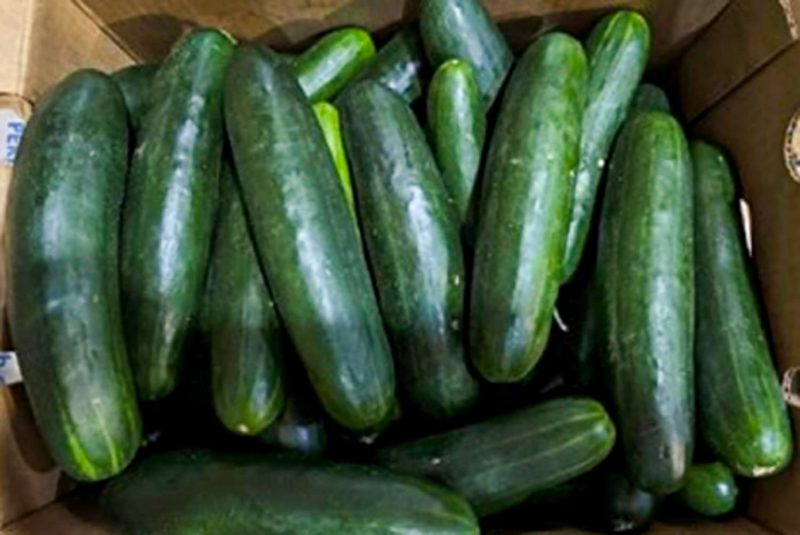The recent recall of cucumbers linked to at least 449 illnesses has raised significant concerns about food safety and the transmission of illness through contaminated produce. The Centers for Disease Control and Prevention (CDC) issued a warning urging consumers to avoid certain cucumbers sold in various stores across the United States. As investigations continue, it is essential to understand the implications of this situation and the measures that can be taken to prevent similar incidents in the future.
The outbreak of illnesses associated with the consumption of contaminated cucumbers highlights the vulnerability of our food supply chain to biological hazards. In this case, the cucumbers were identified as the source of infection, emphasizing the importance of strict quality control measures from farm to table. It is crucial for farmers, distributors, and retailers to adhere to food safety protocols to mitigate the risks of contamination and protect public health.
The swift response by the CDC and other relevant authorities to issue a recall and alert the public about the contaminated cucumbers demonstrates the effectiveness of our public health surveillance systems. Early detection and rapid communication are essential in containing outbreaks and preventing further spread of illness. By identifying and addressing the source of contamination promptly, authorities can limit the impact on consumers and prevent more significant health crises.
Consumer awareness and education play a vital role in ensuring food safety and preventing foodborne illnesses. Consumers should stay informed about recalls and alerts issued by health authorities and follow recommended guidelines to avoid contaminated products. Proper washing and handling of fruits and vegetables, including cucumbers, can reduce the risk of exposure to harmful pathogens and bacteria. By practicing good food hygiene habits, individuals can safeguard themselves and their families against foodborne illnesses.
The cucumber recall serves as a reminder of the complex challenges in maintaining food safety standards in a globalized and interconnected world. As the food supply chain becomes more intricate and extensive, the potential for contamination and outbreaks increases. Collaboration among stakeholders, including government agencies, industry partners, and consumers, is essential in addressing these challenges and ensuring the safety and integrity of our food system.
Moving forward, it is crucial for regulators, food producers, and retailers to implement robust food safety protocols and quality control measures to prevent similar incidents. Regular testing, monitoring, and inspection of food products can help detect and eliminate potential hazards before they reach consumers. Additionally, transparent communication and cooperation between all parties involved in the food supply chain are essential for effective risk management and crisis response.
In conclusion, the cucumber recall linked to a significant number of illnesses underscores the importance of vigilance, collaboration, and education in safeguarding our food supply and public health. By remaining proactive and attentive to food safety concerns, we can minimize the risks of contamination and outbreaks, ensuring a safer and healthier food environment for everyone.

